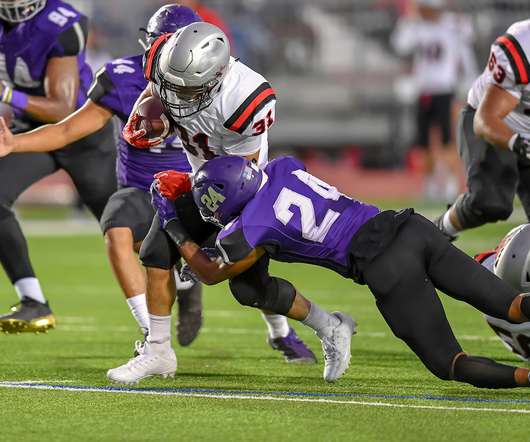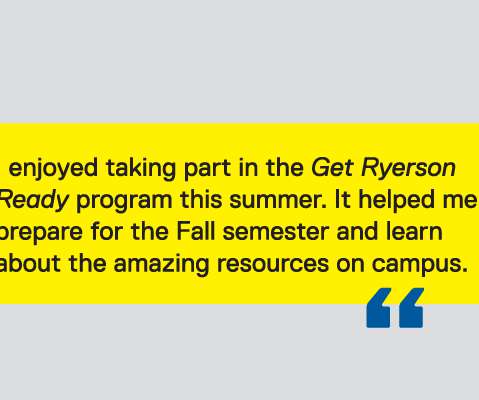6 ways leaders are rethinking their student affairs organizational charts in 2023
EAB
JANUARY 12, 2023
When EAB researched how to integrate academic and career development, we found that integration or collaboration between academic advising and career services aids students in connecting their coursework to their career endeavors. -->. Athletics departments report to student affairs at one-half of institutions.












Let's personalize your content